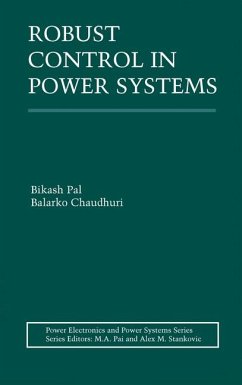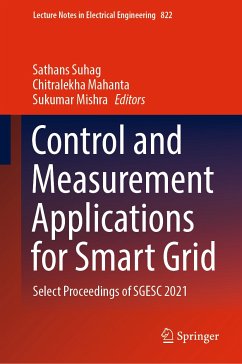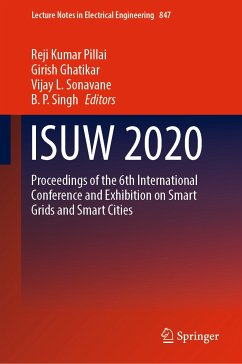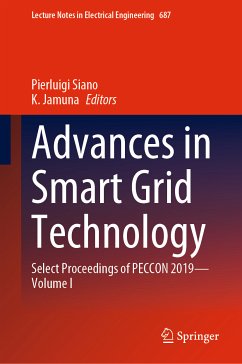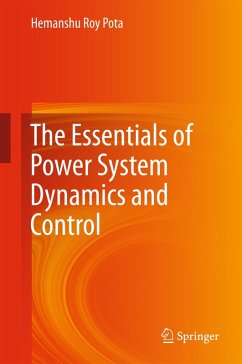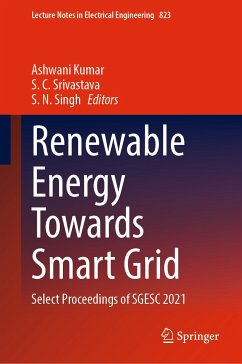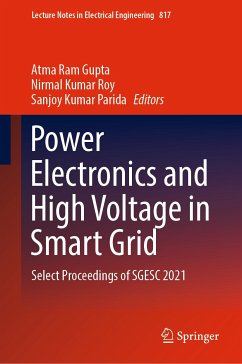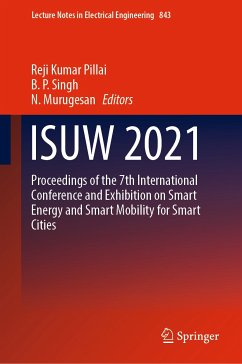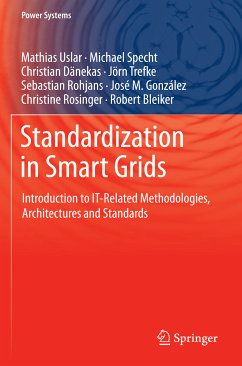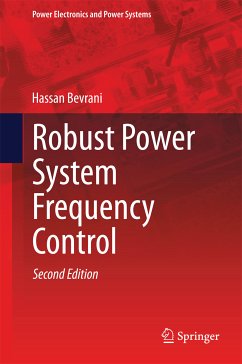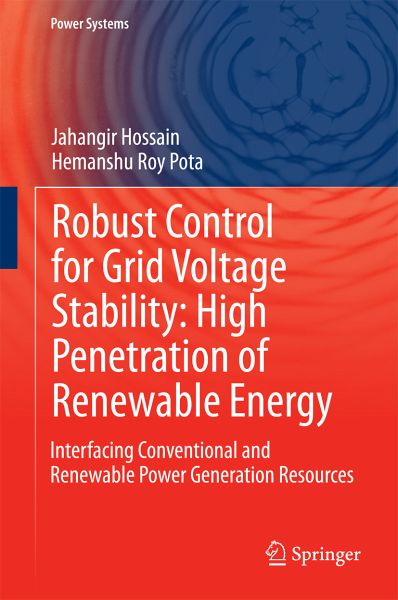
Robust Control for Grid Voltage Stability: High Penetration of Renewable Energy (eBook, PDF)
Interfacing Conventional and Renewable Power Generation Resources
Versandkostenfrei!
Sofort per Download lieferbar
72,95 €
inkl. MwSt.
Weitere Ausgaben:

PAYBACK Punkte
36 °P sammeln!
This book makes the area of integration of renewable energy into the existing electricity grid accessible to engineers and researchers. This is a self-contained text which has models of power system devices and control theory necessary to understand and tune controllers in use currently. The new research in renewable energy integration is put into perspective by comparing the change in the system dynamics as compared to the traditional electricity grid. The emergence of the voltage stability problem is motivated by extensive examples. Various methods to mitigate this problem are discussed brin...
This book makes the area of integration of renewable energy into the existing electricity grid accessible to engineers and researchers. This is a self-contained text which has models of power system devices and control theory necessary to understand and tune controllers in use currently. The new research in renewable energy integration is put into perspective by comparing the change in the system dynamics as compared to the traditional electricity grid. The emergence of the voltage stability problem is motivated by extensive examples. Various methods to mitigate this problem are discussed bringing out their merits clearly. As a solution to the voltage stability problem, the book covers the use of FACTS devices and basic control methods. An important contribution of this book is to introduce advanced control methods for voltage stability. It covers the application of output feedback methods with a special emphasis on how to bound modelling uncertainties and the use of robust controltheory to design controllers for practical power systems. Special emphasis is given to designing controllers for FACTS devices to improve low-voltage ride-through capability of induction generators. As generally PV is connected in low voltage distribution area, this book also provides a systematic control design for the PV unit in distribution systems. The theory is amply illustrated with large IEEE Test systems with multiple generators and dynamic load. Controllers are designed using Matlab and tested using full system models in PSSE.
Dieser Download kann aus rechtlichen Gründen nur mit Rechnungsadresse in A, B, BG, CY, CZ, D, DK, EW, E, FIN, F, GR, HR, H, IRL, I, LT, L, LR, M, NL, PL, P, R, S, SLO, SK ausgeliefert werden.




